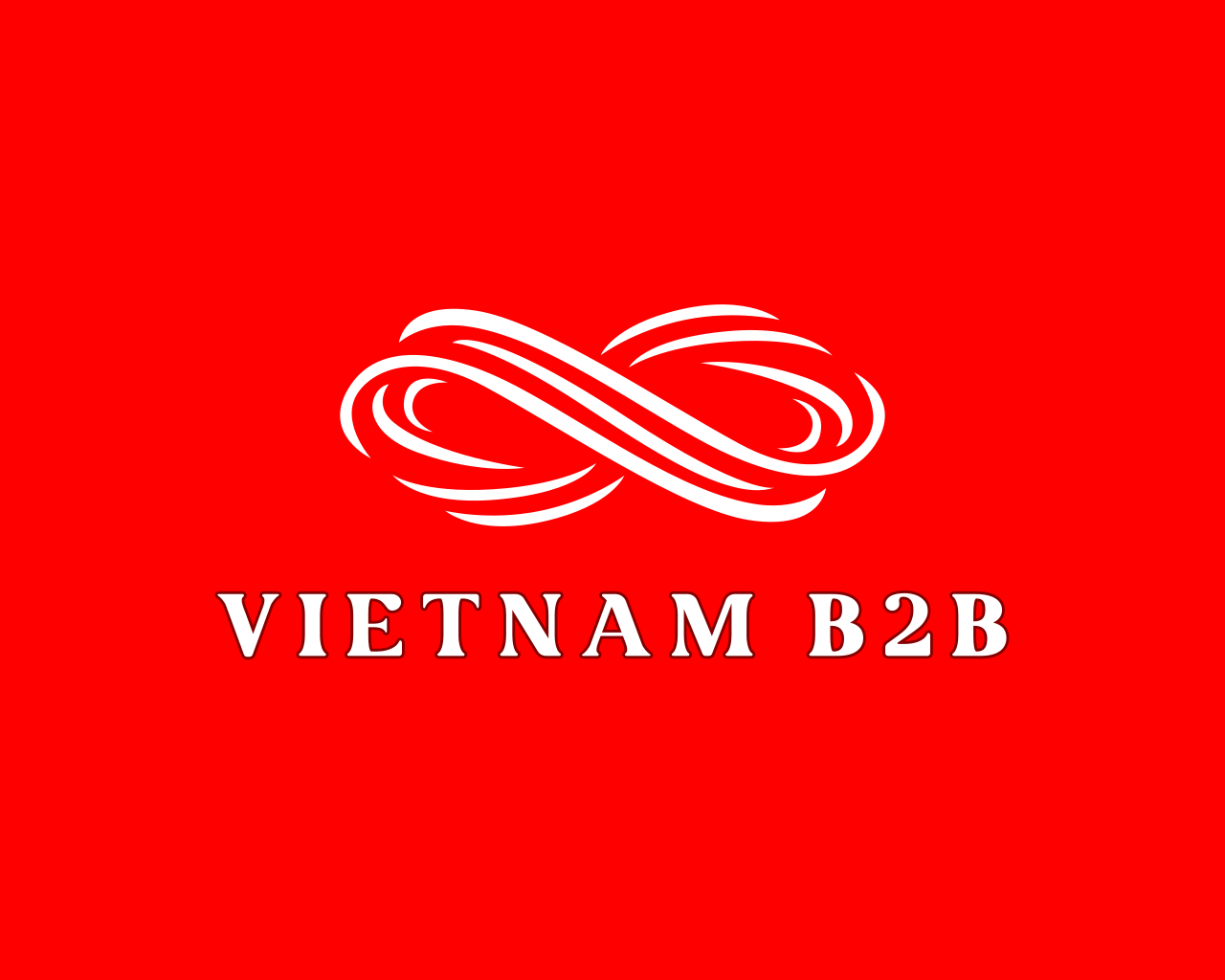Vietnam is poised to maintain its economic outperformance compared to regional counterparts in 2024, fueled by significant inward investment into its manufacturing and export sectors. The country’s economic openness and robust fundamentals contribute to this positive outlook.
These insights were unveiled in the Asia House Annual Outlook 2024, released on January 23, offering a comprehensive analysis of how Asia’s economies are projected to advance in the coming year.
The outlook highlights that, in the first ten months of 2023, foreign direct investment (FDI) in Vietnam’s manufacturing projects reached approximately $18 billion, constituting 73% of the total FDI inflows during that period. Notably, foreign investors are increasingly choosing Vietnam as a diversification destination for their supply chains, moving away from dependence on China.
The report underscores Vietnam’s commitment to positioning its domestic tech firms as global players through its digital transformation program. The nation boasts a thriving tech startup environment, complemented by substantial public investments in artificial intelligence (AI).
The National Innovation Centre supports tech advancements across various sectors, with the banking sector actively engaging in AI testing and application. Financial institutions like VPBank and Vietcombank are incorporating AI in currency transactions, personal credit assessments, and digital banking.
In 2024, AI is anticipated to reshape multiple sectors of Vietnam’s economy, fostering inward productive investment. Collaborations with educational institutions and contributions to AI infrastructure development can drive positive economic spill-overs both horizontally and vertically.
As a major agricultural producer, Vietnam stands to benefit from inward investments in precision agriculture, AI monitoring, and analysis for optimizing yields and fertilizer usage. AI-driven data collection on soil conditions, weather, crop growth, and water usage, coupled with sensors and drones, will inform decisions related to seed planting, fertilization, pest management, and other agronomic procedures.
Vietnam’s blended green finance initiatives, exemplified by the Asian Development Bank’s blended finance loan supporting wind energy, play a crucial role in supporting the country’s adaptation to climate risks and promoting renewable energy.
Similar to neighboring Southeast Asian economies, climate finance mechanisms must be fine-tuned to mitigate risk and foster risk-sharing, especially when directing sustainable finance to Vietnam’s smallholder farmers and small- to medium-sized enterprises.
